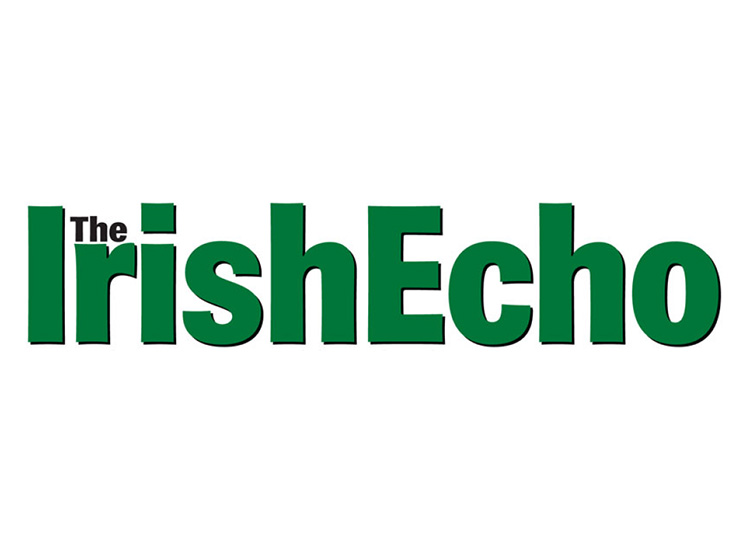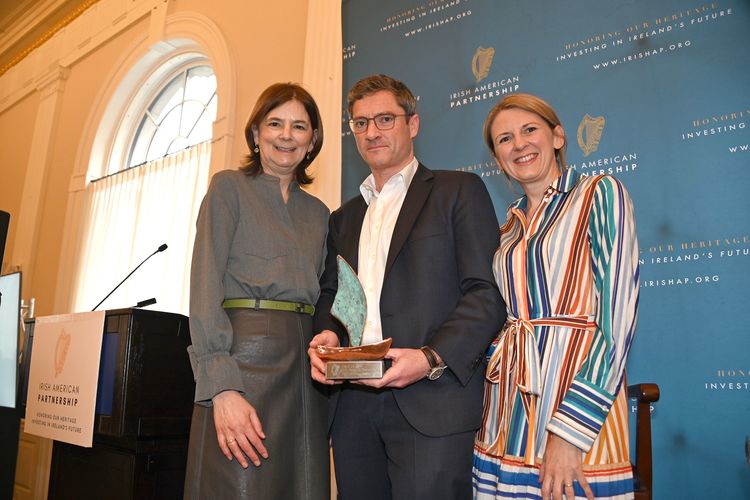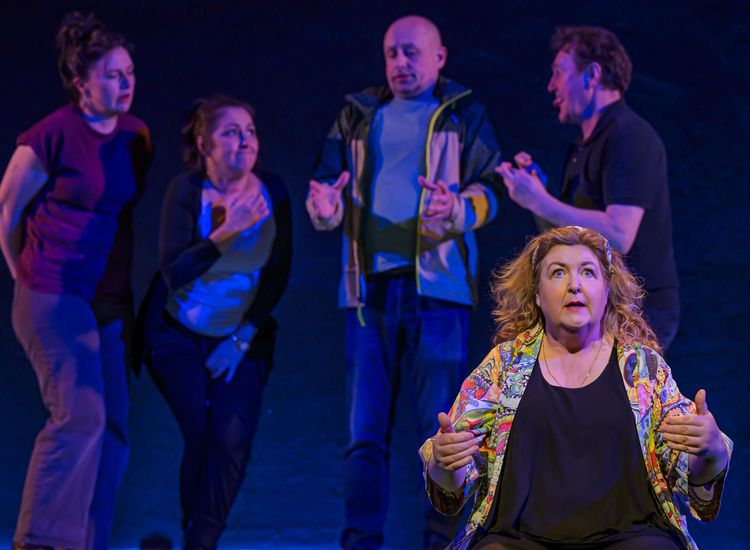Diplomacy’s enduring value
As is tradition this time of year we give consideration to the founding fathers of the United States, while at the same time taking due note of the fact that there were more than a few founding mothers who would have received more credit if the culture of those revolutionary times was a little more balanced in terms of its gender politics.
Be that as it may, one of the founders deserves special consideration these topsy-turvy times, and he was one of the fathers.
The man in question is Benjamin Franklin, a founder in a number of categories, not least diplomacy.
Franklin was a man of many talents, and one of his talents fell between those twin pillars of diplomacy: flattery and persuasion.
He was the new-born America’s man in France and the French loved him.
One could say that matters went pretty much downhill from that early high point between the two nations, but in recent months have improved somewhat as Americans take stock of President Emmanuel Macron, a man who clearly possesses some Franklin-like talents.
Franklin was not a diplomat in the modern sense as there was very little that resembled a State Department in the years that pitted the colonies against an empire.
Franklin was, however, a one man State Department, quite simply the right man in the right job.
Since his day, there have been a fair few of those.
More lately, the men have been joined by women.
The U.S. now has a permanent bureaucracy devoted to diplomacy and from its ranks men and women are sent to the four corners of the world to act as America’s ambassadors and plenipotentiaries.
Some U.S. ambassadors, however, do not step forth from the State Department ranks but are in fact political appointees, typically friends or supporters of a new president.
Dublin is one city that typically plays host to this kind of chief diplomat. London is another, as is Paris.
Usually, politically appointed ambassadors are sent to the capitals of nations deemed especially close to, and friendly with, the United States.
The professional diplomats end up in the more challenging posts.
This seems to be an acknowledgement that the United States needs a permanent cadre of professional diplomats of sufficient number, and depth of experience, required by the world’s most powerful nation.
Lately, that acknowledgment has fallen somewhat short of what is required, but that’s another story.
Ireland, though a long way from being powerful in the military and economic sense, is a small country with outsized influence around the globe, this in significant part due to its diplomacy and the talents and dedication of its diplomats.
Unlike the U.S., Ireland’s representatives in overseas capitals are always professional diplomats drawn from a trained corps attached to the Department of Foreign Affairs.
They are members of what is sometimes referred to as – both critically and jokingly – as the “permanent government.”
That is to say Ireland’s diplomats are not popularly elected, or politically appointed.
However, given that Ireland is a stable democracy, governed ultimately by the rule of law, Irish citizens tend to hold strong expectations that the country’s public servants, diplomats included, will represent them fairly, impartially and competently.
This is absolutely the case with outgoing Irish Ambassador to the United States, Anne Anderson, who, by virtue of being Dublin’s first ever woman in the Washington post, could be described, in an Irish diplomatic context, as something of a founding mother.
Ambassador Anderson has just taken formal leave of her posting after four very successful years.
Her successor is a man, Dan Mulhall, but it’s more than a certainty that other women diplomats will take up the Washington job in the years ahead.
Ambassador Anderson forged a path and made a bit of history then.
Mr. Franklin would have approved.










